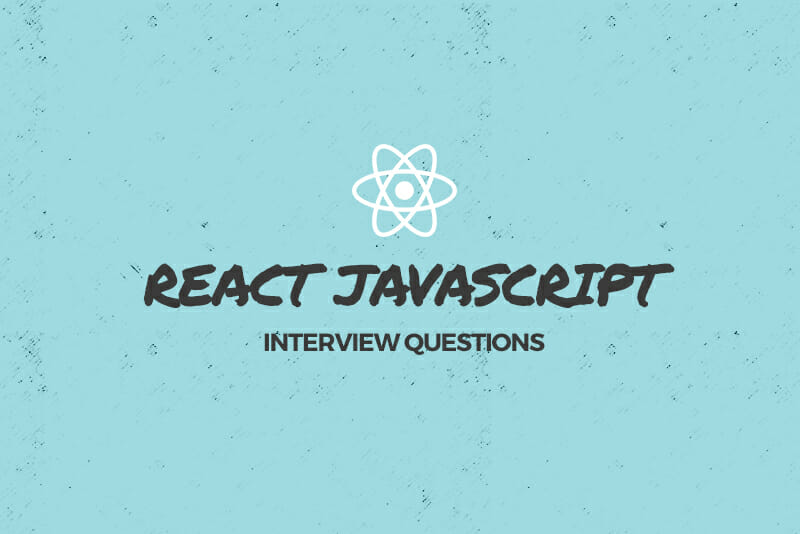Home » Tech Jobs Database » Machine Learning Engineer
Machine Learning Engineer
Also goes by: AI Data Analyst, AI Engineer, AI Research Scientist, Data Scientist, ML engineer,
How much will I make?
Salaries can range by location and years of experience, but these are averages for the US.
$122,909.00
according to Salary.com
Will I get a job?
Projected job growth is 82% for the period 2020-2030 in the US, according to the U.S. Bureau of Labor Statistics.
21,132
Total Openings
according to comptia.org
Who will I work for?
- Tech Companies
- AI Startups
- Financial Institutions
- Healthcare Companies
- Automotive Companies
Machine Learning Engineer’s Daily Activities
No Machine Learning Engineer works alone! Machine Learning Engineers spend their days collaborating with designers, other developers, and product or project managers to bring machine learning programs to life. Below you will get a sense for what a day-in-the-life of a Machine Learning Engineer could be:
Collaborate With Your Team Members to Build machine learning programs
Machine Learning Engineers work hand-in-hand with their team members to create machine learning programs. In order to do this, you’ll need to have an understanding of a wide variety of skills including Python, R, Algorithms. Collaboration can take many forms, including planning and strategy meetings, design brainstorms, reviews, and pairing.
Code Your machine learning program
Much of a Machine Learning Engineer’s day is spent coding. In practice this means having a development environment set up on one’s computer that allows you to track your progress as you go.
Test Your machine learning program
One of the joys of working as a Machine Learning Engineer is that machine learning programs are ALWAYS breaking! As a Machine Learning Engineer one of your core duties is testing your machine learning programs for bugs and errors and working to fix them
Machine Learning Engineer
It’s absolutely possible to become a Machine Learning Engineer even if you have no prior experience in tech and no degree. In fact, a career as a Machine Learning Engineer is one of the best entry level jobs in tech. Read on to learn how to do it!
Learn The Required Skills
First things first, in order to become a Machine Learning Engineer you have to learn the required tech skills!
Python
Python is a general-purpose coding language—which means it can be used for other types of programming and software development besides web development.
Read MoreR
R is a programming language used for statistical computing and graphics, widely used among statisticians, data scientists, and researchers for data analysis and visualization.
Algorithms
Algorithms are step-by-step procedures or sets of rules designed to solve specific problems or perform tasks in computing and other fields, helping computers process and analyze data efficiently.
Deep learning
Deep learning is a type of machine learning that uses artificial neural networks to learn from data.
Data Structures
Data structures are data organizations that allow for efficient access and manipulation of data.
Machine Learning
Machine learning is the process of developing machines, software programs, and other computer systems capable of “learning” and applying learned knowledge without specific instructions.
Statistical analysis
The process of collecting, organizing, summarizing, and interpreting data to draw conclusions, make inferences, and support decision-making.
SQL
SQL stands for “Structured Query Language” and it is a programming language used to manage data in relational database management systems, creating data structures, and accessing data in web development.
Read MoreDistributed computing
Distributed computing is the practice of running multiple tasks on multiple computers in a network. Distributed computing is used to solve problems that are too large or complex to be solved by a single computer.
Cloud Platforms
Cloud platforms refer to online services that provide scalable computing resources, storage, and services over the internet, enabling organizations to deploy, manage, and run applications without the need for on-premises infrastructure. The most commonly used cloud platforms are Amazon Web Services (AWS), Google Cloud, and Microsoft Azure.
Statistical analysis
The process of collecting, organizing, summarizing, and interpreting data to draw conclusions, make inferences, and support decision-making.
Big Data
Big data is a term used to describe data sets that are too large or complex to be processed using traditional data processing methods. Big data is often used to analyze customer behavior, predict trends, and make better decisions.
Code Efficiency
Code efficiency is the ability to write code that is both fast and reliable. Code efficiency is important for a number of reasons, including performance, cost, and scalability.
Version Control
Version control is the management of changes to documents, source code, or other files, allowing multiple users to collaborate and track revisions, facilitating teamwork and preventing conflicts.
Read MoreBuild A Portfolio
The best way to demonstrate that you have the necessary skills—especially when you have no prior experience—is with a portfolio of professional quality coding samples.
Check out these blog posts for more:
Apply For Tech Jobs
Once you’ve learned all the required technical skills and built a killer portfolio, it’s time to dust off that old resume and LinkedIn profile and hit the pavement, or Internet superhighway as it were, in search of your first job as a Front End Developer!
➡️ Prepare Your Resume, LinkedIn, and Portfolio
Although your most valuable asset as you job search is your portfolio, you do have to cross your t’s and dot your i’s and when it comes to the job search that means optimizing your resume and LinkedIn profile. Tech employers expect you to have all three!
Check out these blog posts for more:
➡️ Build Your Network
Your net worth is in your network, which can be hard when you’re changing careers! But don’t worry, the tech industry is incredibly welcoming to newcomers. Whether you prefer in-person meetups, Slack channels, coffee-over-zoom chats, conferences, hack-a-thons or a little bit of everything, there are tons of opportunities for you to meet fellow techies.
Check out these blog posts for more:
➡️ Find Good Jobs To Apply For
A good job can be hard to find—or is it? The good news about tech is that there are so many openings at so many diverse companies that your biggest challenge will most likely be keeping up with all the opportunities!
Check out these blog posts for more:
➡️ Practice Interviewing
Whether you’re a season pro, or brand new to the tech industry: interviewing for a new job is tough! Add to that technical interviews…and you’ve got a recipe for heartburn, practically guaranteed. Luckily there’s an antacid on the market that works every time: practice. Read on for expert guidance on how to prepare for your next tech job interview.
Check out these blog posts for more:
➡️ Prepare for Technical Tests
Ah the dreaded technical test! Technical tests can come in many different forms: whiteboard tests, pair programming tests, take-home tests, algorithmic tests…just to name a few. Luckily, getting good at technical tests is a skill, just like anything else, and it’s one you can absolutely practice ahead of time.
Check out these blog posts for more:
You Might Also Be Interested In Learning About:
AI Development
AI developers work with machine learning algorithms, AI modeling, neural networks, and related technologies to build Artificial Intelligence.
Learn MoreAlgorithm Engineering
Algorithm engineers are specialized type of software engineers who design, analyze, and implement algorithms to solve specific problems.
Learn More
Want more options?


















